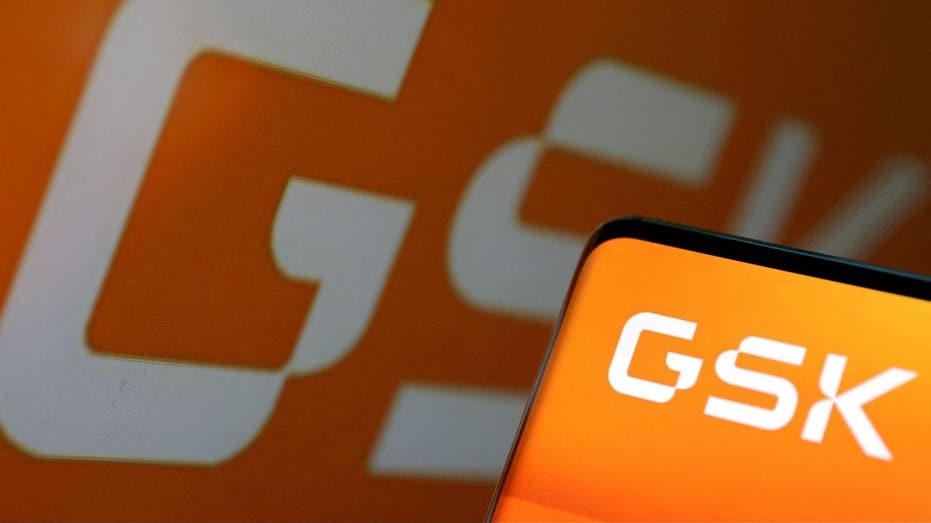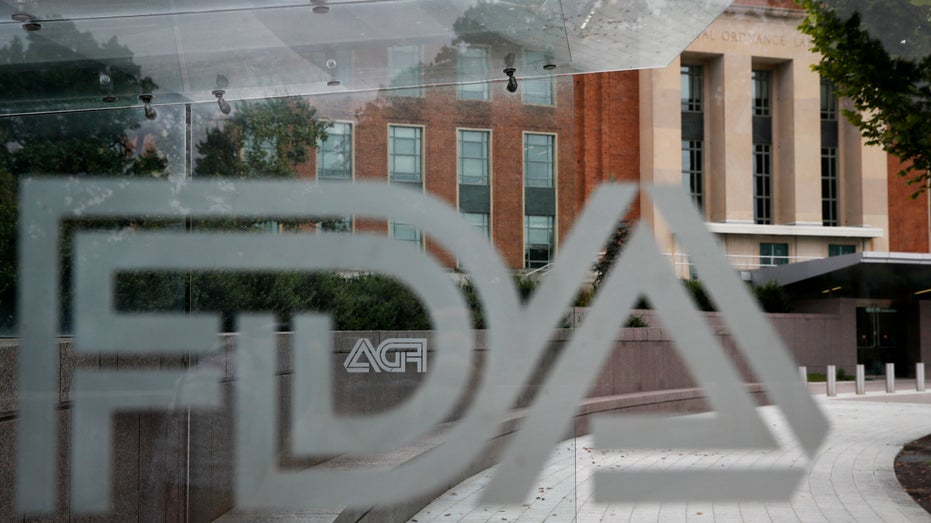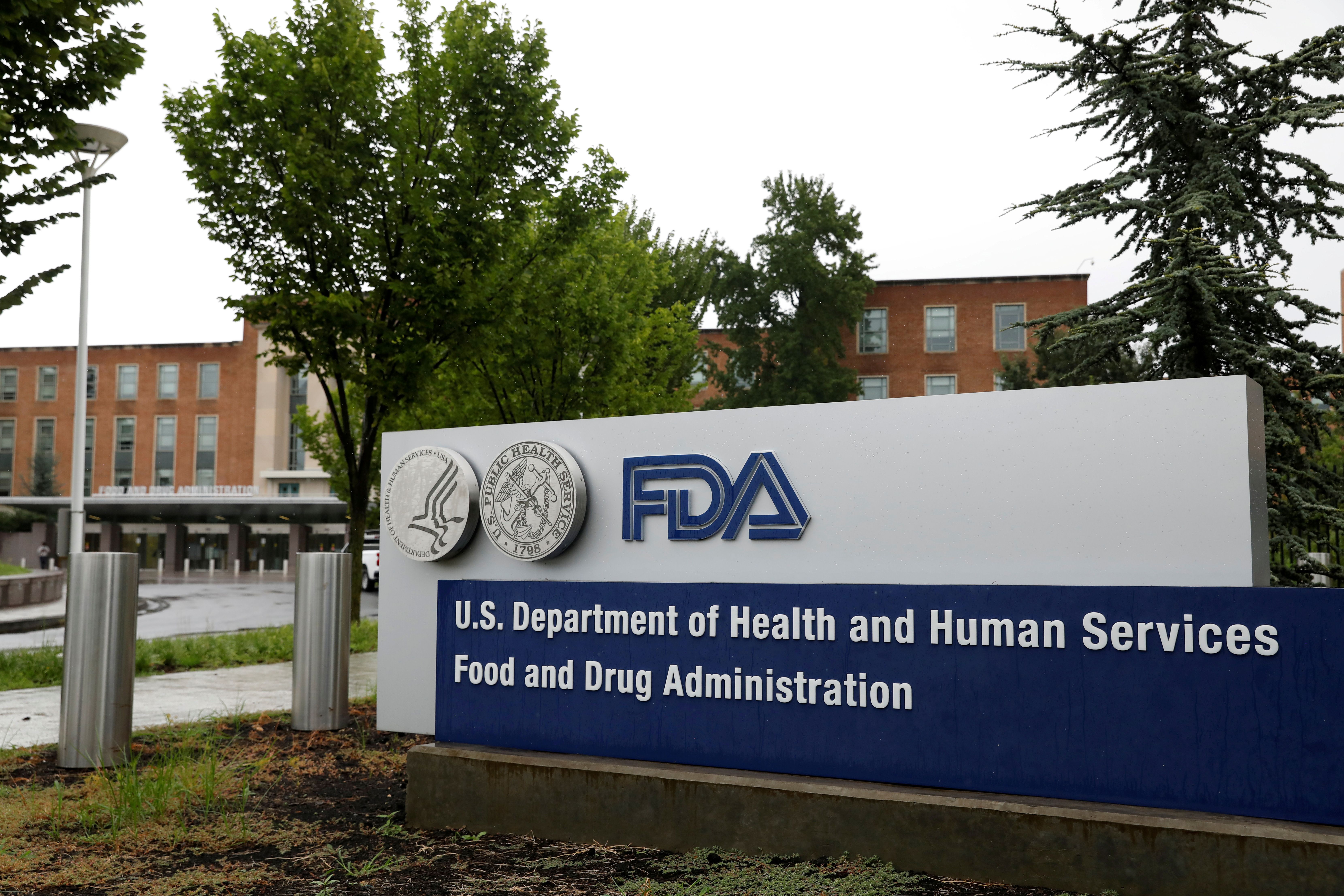FDA takes tougher line on fast-tracked drugs
GSK, Roche pull drugs previously approved on an accelerated basis, while other firms win speedy approvals only after starting confirmatory studies
FDA targets distillers who made hand sanitizer during COVID
Calwise Spirits founder Aaron Berg joined 'Kennedy' to discuss how the FDA is targeting distilleries who helped produce hand sanitizer in the early months of COVID-19 with production fines.
The Food and Drug Administration is taking a harder line on its program that fast-tracks drug approvals based on preliminary evidence, spurring GSK PLC, Roche Holdings AG and other drugmakers to remake plans for their drugs or pull them from the market.
Under the accelerated-approval program, the FDA clears the use of prescription medicines faster than it normally would. The agency relies on preliminary data to make the decision, but asks companies to conduct follow-up studies to confirm that the drug works.
Yet companies haven’t always done the studies—or been willing to pull drugs when a follow-up study failed to show a true benefit.

GSK (GlaxoSmithKline) logo is seen in this illustration, August 10, 2022. REUTERS/Dado Ruvic/Illustration/File Photo The FDA recently asked GSK to pull a drug designed to treat blood-cancer after the drug failed a follow-up battery of tests. (Reuters Photos)
In recent weeks, the agency has taken action, prodding GSK to withdraw a blood-cancer drug after it failed a follow-up trial, and announcing that Viatris Inc. stopped selling a burn treatment because the company never finished its confirmatory study.
GSK VACCINE FOR OLDER ADULTS GRANTED FDA PRIORITY REVIEW
| Ticker | Security | Last | Change | Change % |
|---|---|---|---|---|
| GSK | GSK PLC | 60.23 | +1.06 | +1.79% |
| RHHBY | ROCHE HOLDING AG | 57.12 | -0.58 | -1.01% |
| VTRS | VIATRIS INC. | 15.35 | +0.77 | +5.30% |
Meantime, the FDA told ImmunoGen Inc. and ADC Therapeutics SA, which have been developing cancer drugs, that it wouldn’t grant the speedy approval until they had begun follow-up studies, the companies said.
| Ticker | Security | Last | Change | Change % |
|---|---|---|---|---|
| IMGN | NO DATA AVAILABLE | - | - | - |
| ADCT | ADC THERAPEUTICS SA | 3.90 | -0.10 | -2.62% |
"The message from the agency is we want to see, you know, meaningful progress on your confirmatory study," said ImmunoGen Chief Executive Mark Enyedy.
The requests suggest a shift for the FDA, which some doctors and scientists have criticized for failing to make sure some companies conducted the confirmatory studies and withdrew therapies, especially costly ones, that proved ineffective.
BIOGEN PICKS NEW CEO, VETERAN PHARMACEUTICAL LEADER CHRISTOPHER VIEHBACHER
Agency officials have acknowledged the shortcomings. "We need more teeth," FDA Commissioner Robert Califf said at a Friends of Cancer Research summit last month. Companies need to "get those confirmatory studies started before the approval, because once the approval occurs it’s very hard to hold back the marketeers."

Robert Califf testifies before a Senate Committee on Health, Education, Labor and Pension hearing on the nomination to be commissioner of Food and Drug Administration on Capitol Hill in Washington, Tuesday, Dec. 14, 2021. (AP Photo/Manuel Balce Ceneta / AP Newsroom)
For drugs that went on to fail their trials, the time between their approval and removal from the market was 3.8 years if they already had a trial under way when they were granted approval, according to Richard Pazdur, who heads the FDA’s cancer drugs office.
If the drugs didn’t have a confirmatory trial under way, the median interval was 7.8 years, Dr. Pazdur wrote in the New England Journal of Medicine in September.
The FDA has expected, under its regulations, that companies would start follow-up studies by the time of an accelerated approval, a spokeswoman said. "However, when this is not feasible, FDA uses every authority at our disposal to encourage the diligent initiation and completion of well-designed confirmatory studies," she said.
Established in 1992, the accelerated-approval program addressed concerns from patients that the agency was moving too slowly to clear use of much-needed HIV and other drugs before it was too late. The program provided a way to speed lifesaving treatments to patients. Most cancer drugs are now greenlighted using the pathway.
In the interest of speed, the FDA can approve a drug without the usual but more time-consuming study finding that the therapy provided a clinical benefit, such as prolonging a cancer patient’s life.
Instead, the companies can show that their drugs improved a health marker, such as shrinking the patient’s tumor, then confirm in a study after approval that their drugs do indeed work.
ARE URGENT CARE CENTERS HURTING AMERICA’S FAMILY MEDICINE PRACTICES?
Yet nearly half of the drugs given accelerated approval through the end of 2020 had yet to prove their benefit, according to a study published in the BMJ medical journal last year.
Republicans and Democrats in Congress expressed support this summer for giving the FDA more authority to pull drugs that don’t work and to require that confirmatory trials be completed more quickly, but the changes haven’t been incorporated in legislation to date.
The FDA told ImmunoGen in 2019 that it would need to have its confirmatory trial fully enrolled before the agency granted accelerated approval to its ovarian cancer drug Elahere, company executives said.

This Aug. 2, 2018, photo shows the U.S. Food and Drug Administration building behind FDA logos at a bus stop on the agency's campus in Silver Spring, Md. (AP Photo/Jacquelyn Martin, File)
ImmunoGen had enough people signed up by July, and the agency granted the accelerated approval in November.
Also in November, ADC Therapeutics said it was pausing investment in a Hodgkin lymphoma drug after the FDA said a confirmatory trial needed to be "well under way and ideally fully enrolled" by the time the company filed for accelerated approval.
The company said it wouldn’t seek approval for the drug next year, saying it would take at least two years to fully enroll the kind of trial that the FDA would require.
"The company is engaged with the FDA in an ongoing and constructive dialogue regarding their guidance and the potential regulatory path forward," ADC said.
The FDA asked GSK to withdraw multiple-myeloma therapy Blenrep after it failed its confirmatory trial, the company said last month. GSK said it has initiated the withdrawal process, while saying it still believes Blenrep can help hard-to-treat patients and will continue other studies of the treatment.
The FDA said last week that generic drugmaker Viatris would no longer sell a powder used to treat burns that the agency had approved in 1998. The company never finished a follow-up study, the FDA said.
Viatris said that it submitted data from a follow-up study to the agency in 2014 but that the FDA wanted modifications to the study that the company found to be unworkable.
CLICK HERE TO GET THE FOX BUSINESS APP
Also, Roche Holding’s Genentech business said last week that, after consulting with the FDA, it will stop use of its drug Tecentriq in certain bladder-cancer patients after it failed a follow-up trial. Genentech said it was disappointed with the withdrawal but still believed Tecentriq can help patients with some hard-to-treat forms of cancer.




















